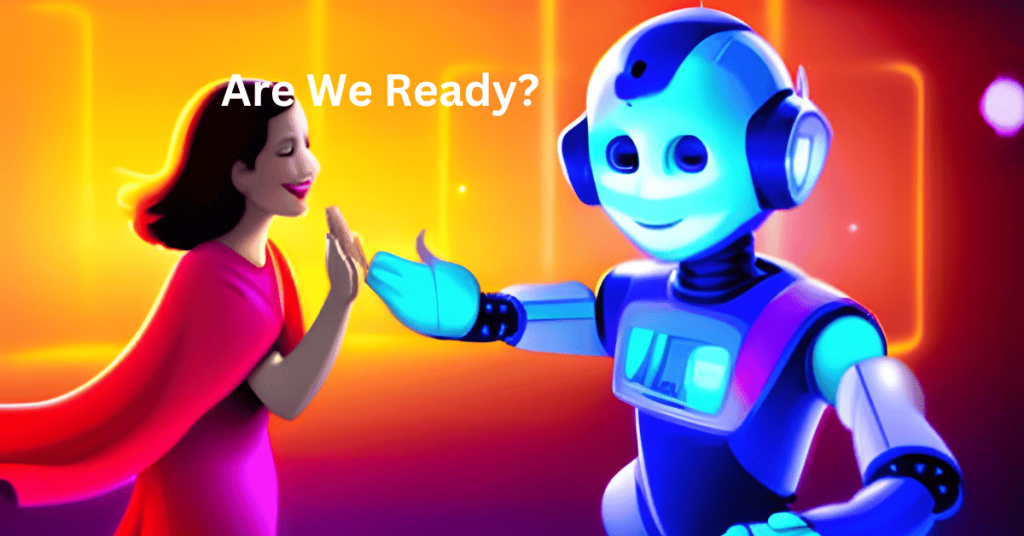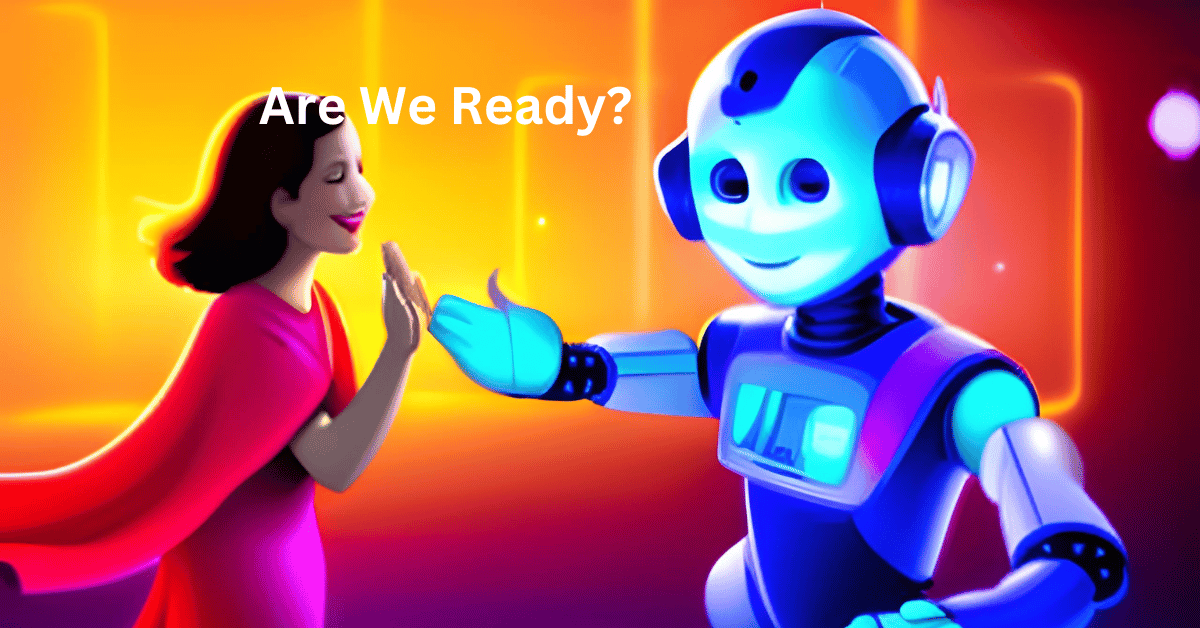
But all is not drool-worthy, AI presents a huge set of existential dangers that could question the very survival of humanity. Recently a report stated that AI-generated YouTube videos created by hackers were misleading people on the internet to share sensitive information with hackers who could hack into your financial wallets, bank accounts, and even crypto transactions. One click on a suspicious link posted on these YouTube videos could compromise your financial reality via the free version of popular downloads.
The feverish popularity of ChatGPT and its versions have created real concern in the publishing industry, schools, and creative fields. What was earlier a scare of plagiarism has now made it easier for writers to get their briefs written by AI instead of having to copy & paste from existing sources. AI can write articles, scripts, and stories and delve into any writing tasks. In schools, children are employing ChatGPT to write down their assignments! AI presents many dangers like Automation-spurred job loss, Privacy violations, Weapons automatization, Market volatility, and usage of manipulated data.
This begs the question, is the human race ready for AI or do we need more time to prepare for its unlimited consequences? There is a real danger is that AI will become smarter than humans as it adds sophistication. It will make humans lazier and will kill creativity as the dependency on AI will only increase as its virtues get more digital access. Decision-making can be hampered by manipulative data on AI which could lead to fatal results for humans. Can the future of political candidates in elections around the world be manipulated by AI? Of course, it can. Can humans be manipulated by AI to do things that they would not do otherwise? Yes, they will be. Can AI automation impact jobs? Yes, it will. Artificial intelligence could displace roughly 15% of workers, or 400 million people, worldwide between 2016 and 2030, according to a McKinsey study.
Click here to view original web page at timesofindia.indiatimes.com




